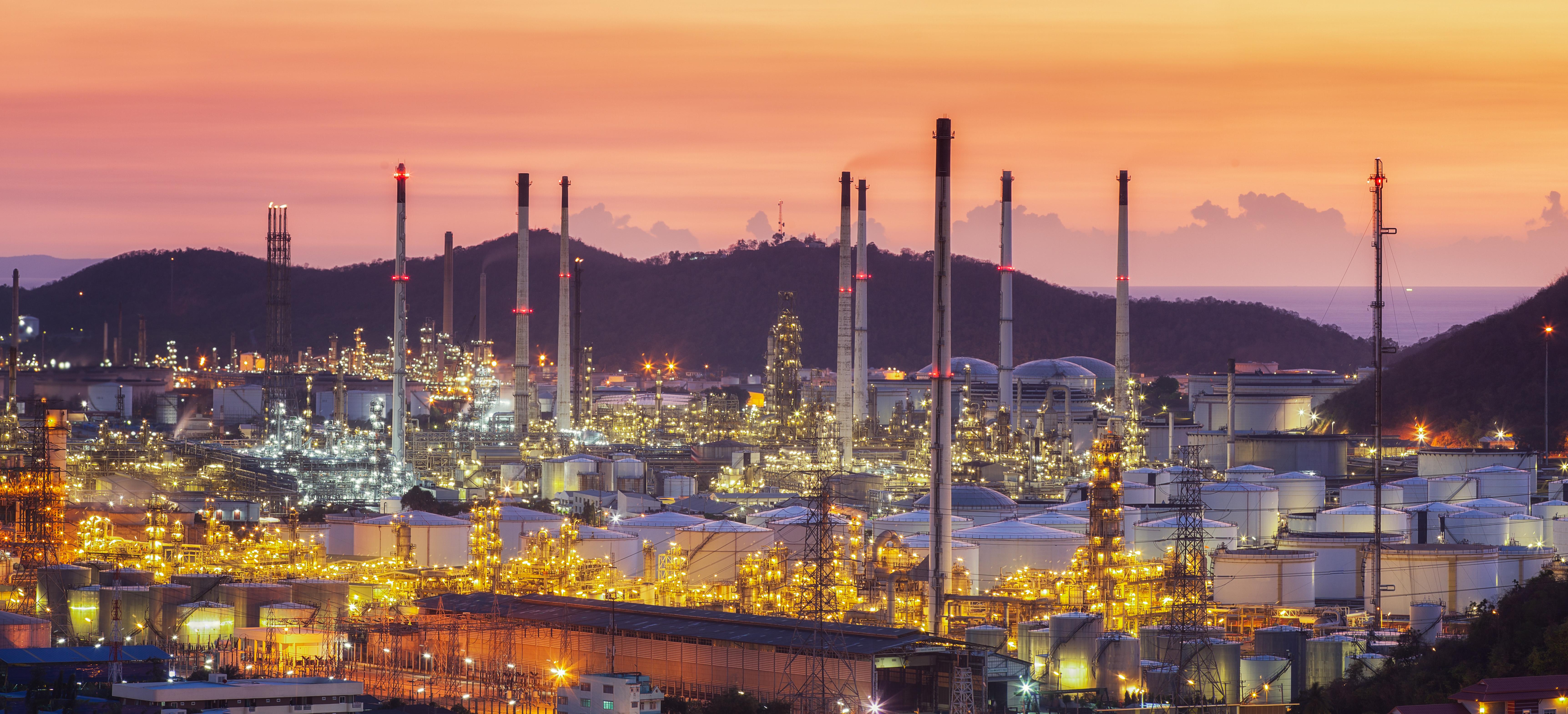Valero or Marathon Petroleum: Which Is a Better Buy?
Valero (VLO) and Marathon Petroleum’s (MPC) stocks have fallen 2.9% and 0.7%, respectively, so far in Q3. Here, we review which refiner is a better buy.
Sept. 25 2019, Published 5:16 p.m. ET

Valero Energy (VLO) and Marathon Petroleum’s (MPC) stocks have fallen 2.9% and 0.7%, respectively, so far in the third quarter. The stocks are falling due to macro uncertainties, volatile markets, and mixed refining conditions. Both stocks represent leading American refining companies.
Their peers have posted mixed performance. While Delek US Holdings (DK) has fallen 10.3%, Phillips 66 (PSX) and HollyFrontier (HFC) stocks have risen 10.8% and 12.9%, respectively, in the third quarter so far. Amid the mixed refining stocks’ performance, let’s review which refiner is a better buy—Valero Energy or Marathon Petroleum.
Valero or Marathon Petroleum: Which company has stronger financials?
Let’s evaluate MPC and VLO’s debt and liquidity positions. In comparison to their peers in the second quarter, Marathon Petroleum had relatively high debt in its capital structure. Its total-debt-to-total-capital ratio stood at 39.2% in the second quarter.
However, Valero had lower debt in its capital structure. Valero’s total-debt-to-total-capital ratio stood at 30.3% in the second quarter. Lower debt levels on the balance sheet mean greater resilience to withstand severe business conditions.
Due to the integration of Andeavor’s asset, Marathon Petroleum saw an increase in operating cash flows in the first half of the year. Marathon Petroleum’s cash flow from operations of $4.3 billion sufficiently covered its capex and dividend outflows of $2.4 billion and $0.7 billion in H1 2019. So, MPC’s cash flow from operations was 26% more than its combined capex and dividend outflows, indicating a surplus.
Also, Valero saw higher operating cash flows due to favorable working capital changes, offsetting the impact of weaker business conditions. Valero’s cash flow from operations rose from $2.2 billion in H1 2018 to $2.4 billion in H1 2019.
Plus, Valero’s operating cash flows were sufficient to cover its capex and dividends of $1.4 billion and $0.8 billion. So, VLO’s cash flow from operations was 11% more than its combined capex and dividend outflows.
Refiners’ debt and liquidity review show a mixed picture. While VLO is better on debt position, MPC is nailing it on cash flows. Valero has a lower total-debt-to-total capital ratio, but Marathon Petroleum has higher surplus operating cash flows.
Valero or Marathon Petroleum: Who has better growth estimates?
Wall Street analysts expect Marathon Petroleum and Valero’s earnings to fall by 35% and 33% in 2019. The fall is due to weaker estimates of refining cracks and spreads for the year. However, as refining conditions recover next year, their earnings are expected to rise.
Plus, both companies’ capex activities should support their earnings. To learn more about Valero’s expansion activities, please refer to Valero’s Earnings Are Poised to Rise with Its Growth Activities.
In 2020, analysts expect Marathon Petroleum and Valero’s earnings to increase by a whopping 83% and 92%, respectively. To better understand MPC’s growth trajectory, please read Citigroup Raises Price Targets on Refiners MPC, PSX.
If we review earnings growth over the next two years (2019 and 2020), then analysts expect Valero’s earnings to rise 30%. Similarly, they expect Marathon Petroleum’s earnings to grow 18%.
Valero or Marathon Petroleum: Valuation and dividend yields
Marathon Petroleum stock trades at a forward PE of 8.6x, below the peer average of 9.4x. Valero’s forward PE stands at 9.9x, a bit higher than Marathon Petroleum. Phillips 66, HollyFrontier, and Delek trade at forward PE multiples of 10.7x, 10.3x, and 10.2x, respectively.
Marathon Petroleum’s dividend yield stands at 3.8% whereas Valero’s dividend yield is 4.3%. Peers Phillips 66, HollyFrontier, and Delek have lower dividend yields of 3.5%, 2.5%, and 3.2%, respectively.
Conclusion
Valero looks attractive due to its lower debt ratio, higher earnings growth estimate over the next two years, and higher dividend yield.
Marathon Petroleum is also on a robust growth trajectory, but it scores relatively low on debt, earnings growth, and dividend yield. However, with the Andeavor consolidation progressing well and synergies being realized, MPC should see an improvement in these parameters.
In the current scenario, we believe that Valero looks like a better buy than Marathon Petroleum.
Market Realist analyst Maitali Ramkumar holds no positions in Valero or Marathon Petroleum.
